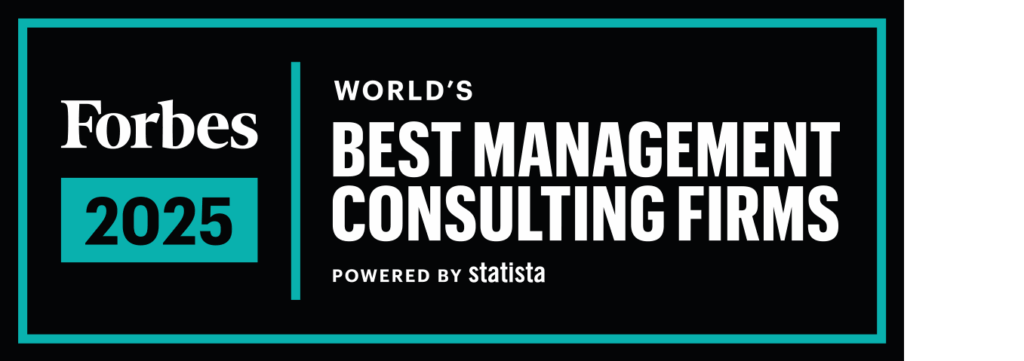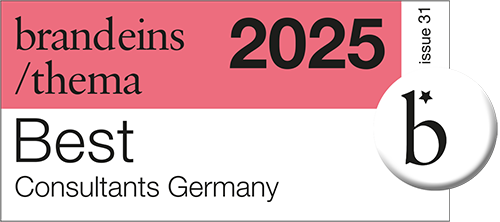Kistenpfennig AG
Products: Drive technology, fluid technology,
tools & operating equipment, occupational safety,
chemical/technical products, services.
Turnover: 65 million euros (2013)
Employees: 215 (2014)
Optimization measures, among others:
- Material and overhead costs
Edited topics:
- Logistics, insurance, marketing, IT and telecommunications, other services Services, packaging, facility management, consumables
Interview with Sven Kistenpfennig, CEO Chairman of the Board of Kistenpfennig AG.
Were you skeptical or rather open-minded at the start of the project?
Sven Kistenpfennig: I was skeptical at the beginning because I had experienced purchasing consultants at customers and had a few in-house on the subject of overheads. On the other hand, Kloepfel Consulting aroused my curiosity and since the risks were also limited, we went ahead with the project.
To what extent has the optimization had a lasting effect on your day-to-day business?
Sven Kistenpfennig: Naturally, everything had to settle down at the beginning of the project. There were the usual problems at the start of an optimization project. One or two employees felt that their work or relationships with suppliers were being called into question too much. In the end, however, we were able to get all employees on board. They understood that they were being supported, new processes were introduced together and gained lasting security.
How would you describe the way the Kloepfel project team worked?
Sven Kistenpfennig: A very structured roadmap was drawn up and worked through. Thanks to a transparent and seamless reporting system, everyone knew what their task was and when in order to achieve the project milestones.
Joint project successes are also always dependent on people. We talk about the fact that we are colleagues in the projects
are temporary colleagues. How did you feel?
Sven Kistenpfennig: The Kloepfel team integrated very quickly into our team and behaved like colleagues, which was very pleasant. As their work with us was limited to the duration of the project, I can't say they were 100% colleagues, but they weren't foreign bodies either.
Some suppliers first had to get used to seeing new Kloepfel faces at the negotiating table alongside their familiar contacts from
Kistenpfennig to seeing new Kloepfel faces at the negotiating table. How did you experience these situations and what were the reactions of the suppliers?
Sven Kistenpfennig: The suppliers sometimes felt that they were being too harshly addressed; but basically these were the suppliers where an uncritical change was possible and also worthwhile.
Thank you very much for the interview!




